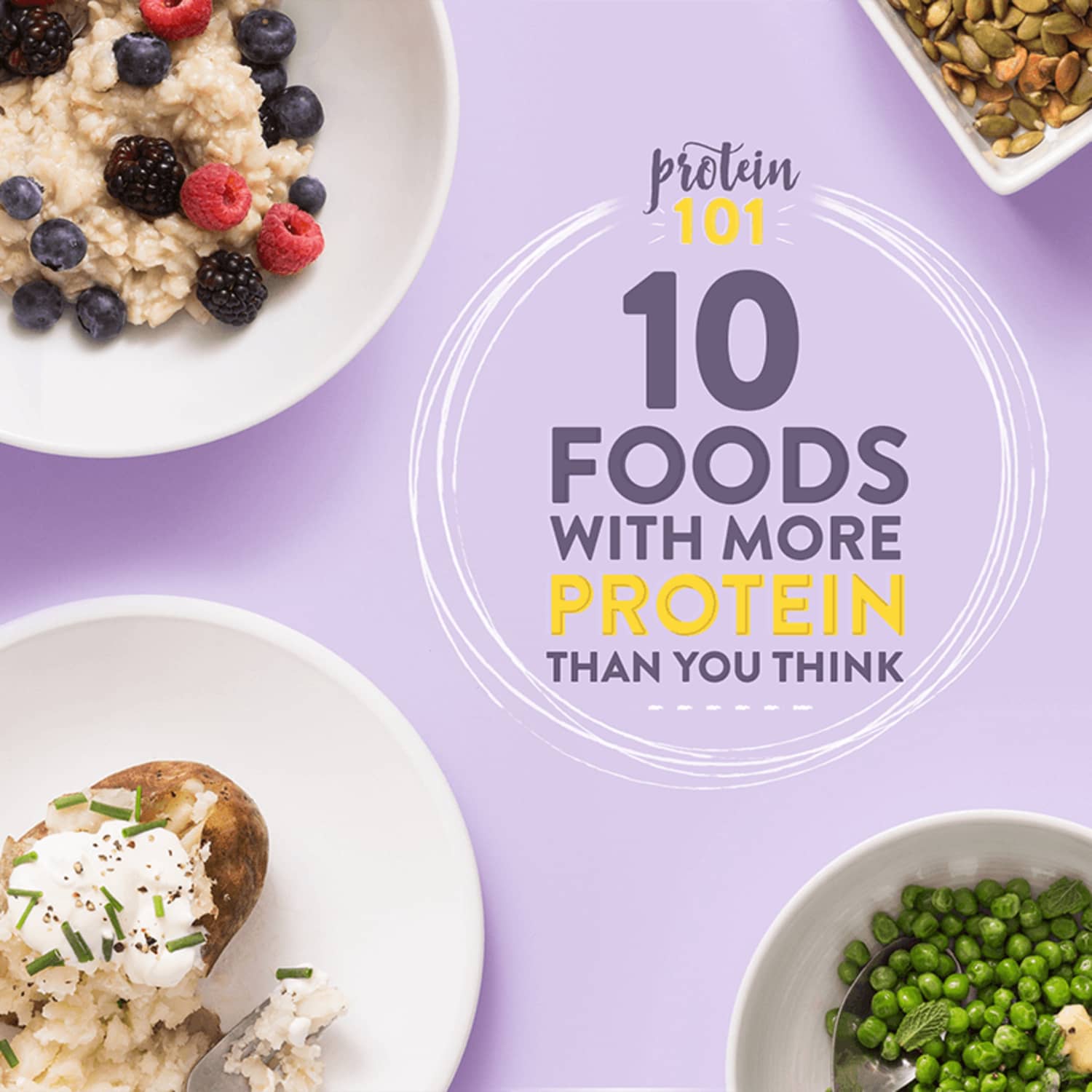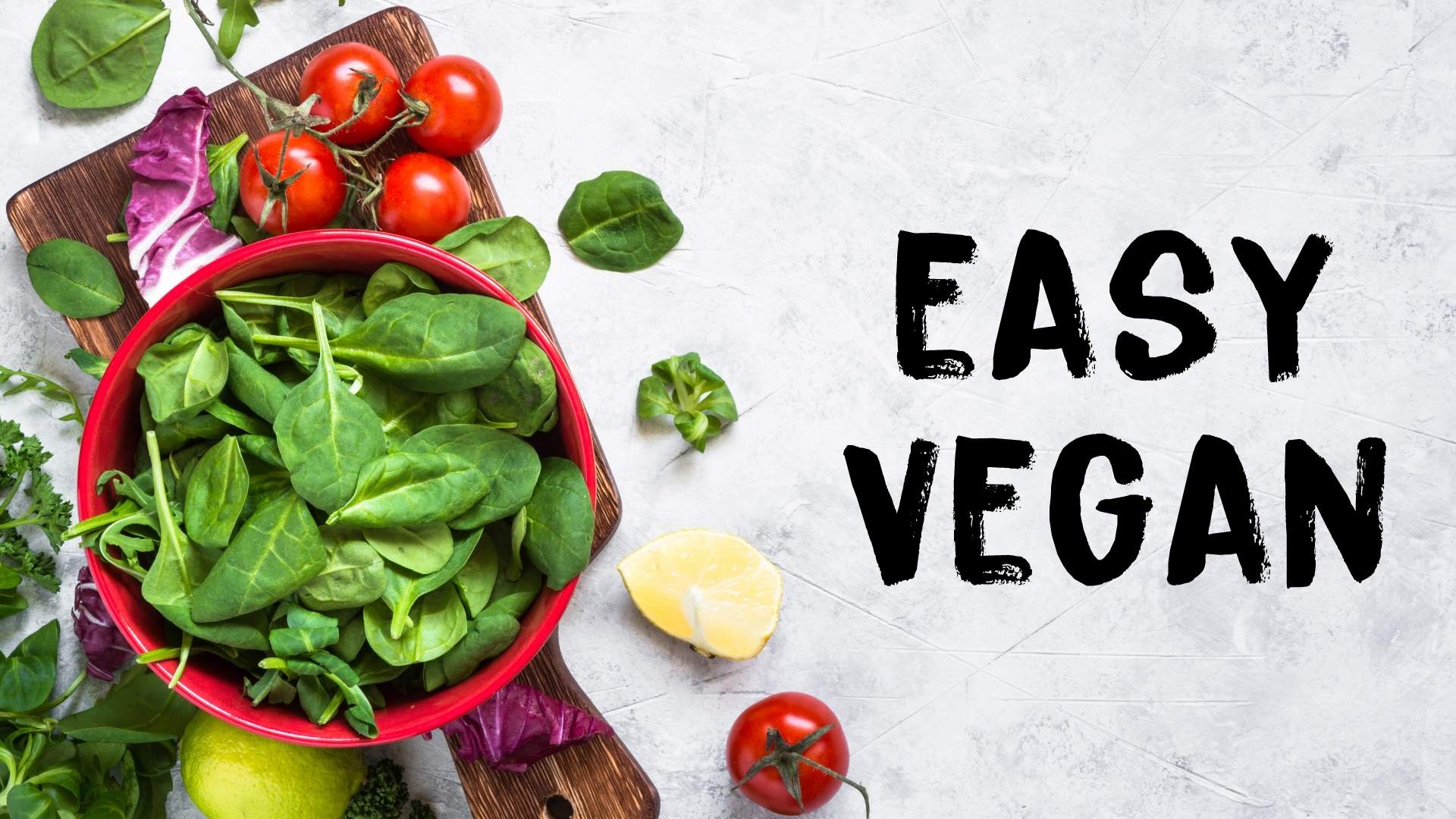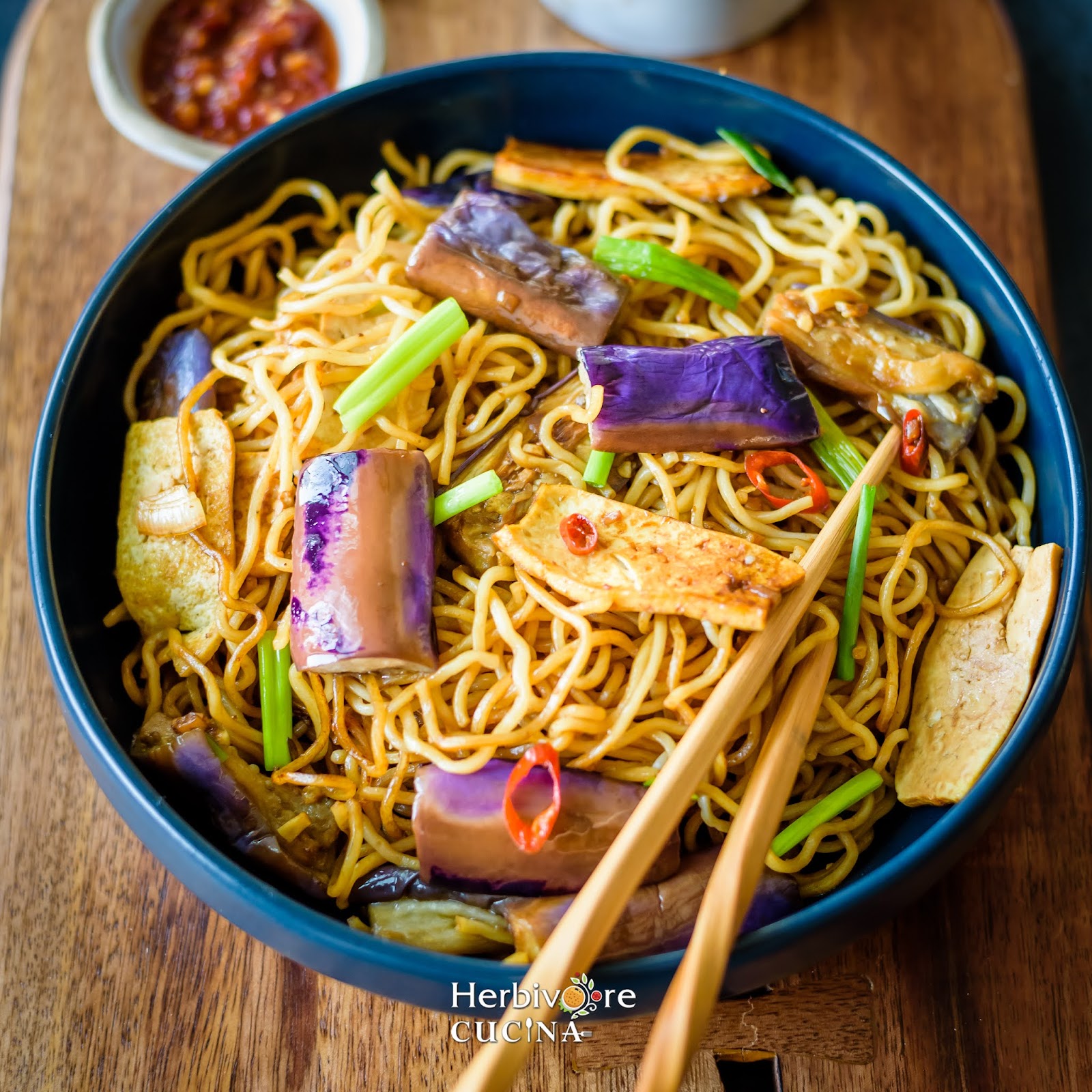
Vegetarianism refers to a diet that emphasizes plant-based foods. It is based a number of religious, moral, and nutritional principles. Vegetarianism can be practiced for both health and environmental reasons. Animal farming takes up a lot of land. In western countries, some vegetarians choose not to eat animal meat due to ethical or religious reasons, including the belief that it is wrong to eat the flesh of another living being.
Pollotarians eat chicken but don't eat any other meat products
A pollotarian lifestyle is a variation of the vegetarian one. It allows people the freedom to eat chicken and poultry, but not red meat or pork. Pollotarians instead eat a variety of plant-based food such as nuts and seeds. They may also eat seafood and eggs.

Another type is called a pollotarian. It's a sub-group for pescatarians. A pollotarian consumes chicken, fish, eggs, and dairy products but avoids red meat. This diet is a great choice for anyone concerned about the harmful effects of red-meat on their health. It's also easier to change than many other types, as it is more permissive.
Lactoovo vegetarians consume dairy products but not eggs.
Lactoovo vegetarians are an emerging type of vegetarian. They are often mistaken with vegans. They eat a plant-based diet but don't eat meat or eggs. This type of vegetarian also includes dairy products in their meals. There are a few differences between the two types. If you're concerned about your protein intake, you should include dairy products in your diet.
Lacto-ovo vegetarians are lacto-ovo, meaning they eat fish and dairy products but not eggs or poultry. While they are considered a vegetarian, there are many health benefits to this type of diet. This type of vegetarian diet can be beneficial for people at all stages of their lives.
It's a money-saver
Vegetarianism offers many savings. Numerous studies have shown that a vegetarian diet is more affordable than a meat-based one. In fact, eating a vegetarian diet costs about 750 dollars less per year than a meat-based diet. Vegetarians also get more fruits and vegetables, and some can save as much as 840 dollars per year by reducing their consumption of meat.

One of the biggest savings is not paying for expensive meat substitutes and organic greens. A vegetarian's grocery list usually contains only affordable food items, which can save him a lot of money. He also avoids eating out and cooks his own meals, which also saves money. Another benefit of vegetarianism: it's more sustainable for the earth. The average American family throws aside $1,820 annually in food waste, much of it healthy.
FAQ
Does cold make you weaker?
There are two types: those who love winter, and those who don't. You may wonder why you feel so miserable in the cold, no matter how much you love or hate winter.
Our bodies are made to function well in warm weather. In fact, we evolved to thrive in hot climates because that's where most of our food sources are located.
Today's environment is vastly different from the one our ancestors experienced. We spend more time indoors and are often exposed to extreme temperatures (cold or heat) and eat processed foods rather than fresh.
Our bodies aren’t accustomed to extreme temperatures anymore. So, when we do venture out into the outdoors, we often feel exhausted, sluggish or even sick.
These effects can be reversed, however. Staying hydrated is one way to combat this. If you drink plenty of water, you'll help keep your body properly hydrated and flush toxins from your system.
Another important step is to ensure that you're eating healthy meals. The best way to maintain your body's optimal temperature is by eating nutritious food. This is particularly helpful for anyone who spends long periods of time inside.
It is worth taking a few extra minutes each day to meditate. Meditation is a great way to relax your body and mind. It makes it easier for you to cope with stress and illness.
Why does our weight change as we get older?
How can I tell if my bodyweight changes?
Weight loss occurs when there is less fat than muscle mass. This means that you must consume more calories than you use daily. Reduced activity is the leading cause of weight gain. You can also lose weight due to stress, illness, pregnancy, hormonal imbalances and certain medications. A person who has more fat than their muscle mass will experience weight gain. This happens when people consume more calories than they burn during the day. There are many reasons for this, including overeating and increased physical activity.
Our bodies lose weight mainly because we consume less calories than what we burn. Exercise regularly increases your metabolism rate, which allows you to burn more calories every day. But this doesn't guarantee that we'll lose weight. The important thing is to see if we're losing or gaining muscles. If we're burning more calories than we're consuming then we're going to lose weight. If we consume more calories that we burn, then we are actually storing them in fat.
As we get older, we tend not to be as mobile and move as fast. We also tend to eat less food than we did when we were younger. This is why we tend to gain weight. However, our muscle mass is more important than our actual size.
Without weighing yourself each week, there is no way to know how much weight you have lost. There are many methods to measure your weight. You can also measure your waistline, your hips or your thighs. Some people prefer to use the bathroom scales, while some prefer to use tape measurements.
If you want to track your progress, you should try weighing yourself once a week and measuring your waistline once a month. You can also take images of yourself every few weeks to see how far it has come.
You can also check your height online to find out how many pounds you have. For example, if your height is 5'10", and your weight is 180 pounds, then you'd probably be 180 pounds.
What should I eat?
Get lots of fruits & vegetables. They are rich in vitamins, minerals, and help to strengthen your immune system. Fruits and veggies are also high in fiber, which makes them filling and helps with digestion. Try to include at least five servings of fruit and veg per day.
Get plenty of water. Water flushes toxins out of the body and helps to feel full between meals. Drink about eight glasses each day.
Whole grains are better than refined grains. Whole grains have all the nutrients they need, including B vitamins. Some nutrients have been removed from refined grains.
Sugary drinks should be avoided. Sugary drinks can be a source of empty calories, which can lead to obesity. Instead, you can opt for water or milk, as well as unsweetened herbal teas.
Avoid fast food. Fast food has very little nutritional value. Fast food may be delicious, but it will not give you the energy that you need to perform your tasks properly. Choose healthier options like salads, soups and sandwiches as well as pasta dishes.
Limit your alcohol intake. You should limit your alcohol intake as it contains empty calories and can lead to poor nutrition. Limit yourself to no more than two alcoholic beverages a week.
Reduce red meat intake. Red meats can be high in cholesterol and saturated fat. Choose lean cuts such as beef, pork and lamb, chicken, fish, or turkey.
Statistics
- WHO recommends reducing saturated fats to less than 10% of total energy intake; reducing trans-fats to less than 1% of total energy intake; and replacing both saturated fats and trans-fats to unsaturated fats. (who.int)
- The Dietary Guidelines for Americans recommend keeping added sugar intake below 10% of your daily calorie intake, while the World Health Organization recommends slashing added sugars to 5% or less of your daily calories for optimal health (59Trusted (healthline.com)
- According to the 2020 Dietary Guidelines for Americans, a balanced diet high in fruits and vegetables, lean protein, low-fat dairy and whole grains is needed for optimal energy. (mayoclinichealthsystem.org)
- nutrients.[17]X Research sourceWhole grains to try include: 100% whole wheat pasta and bread, brown rice, whole grain oats, farro, millet, quinoa, and barley. (wikihow.com)
External Links
How To
How to Live a Healthy Lifestyle
A healthy lifestyle is one in which you are able maintain your weight and health. It involves living a healthy lifestyle, which includes exercising regularly, eating well, and staying away tobacco, alcohol, and other drugs. A healthy lifestyle helps you stay fit and feel good about yourself. In addition, a healthy lifestyle reduces your risk of chronic diseases like heart disease, stroke, diabetes, cancer, osteoporosis, arthritis and many others.
This guide provides a step by step guide for living a healthier and happier life. The first part of the project consisted of writing the introduction, which explains what a healthy lifestyle is, why people should adopt a healthy lifestyle and who we are. Then, I wrote the body paragraphs, which consist of different tips on how to keep a healthy lifestyle. Finally, I wrote my conclusion. It summarizes the entire article and gives additional resources if required.
I was able to learn how concisely and clearly I could write my paragraphs through this assignment. I also learned how to organize my ideas into topic sentences, and the supporting details. Additionally, I learned how to organize my ideas into topic sentences and supporting details. Lastly, I gained knowledge on how to use proper grammar when writing.